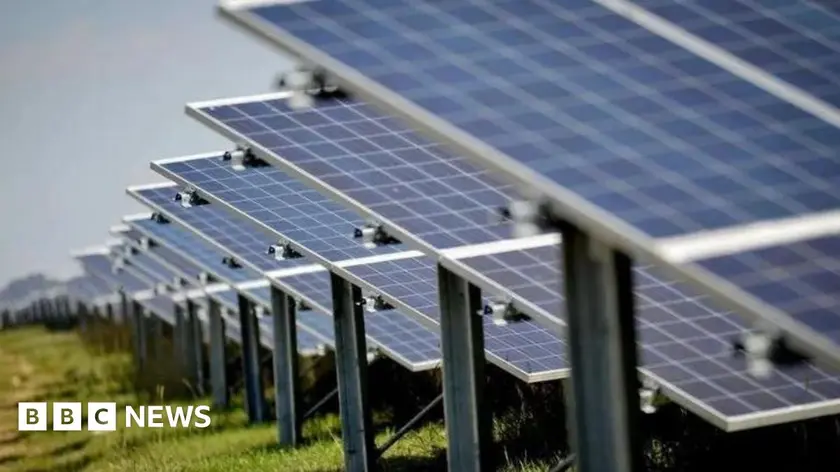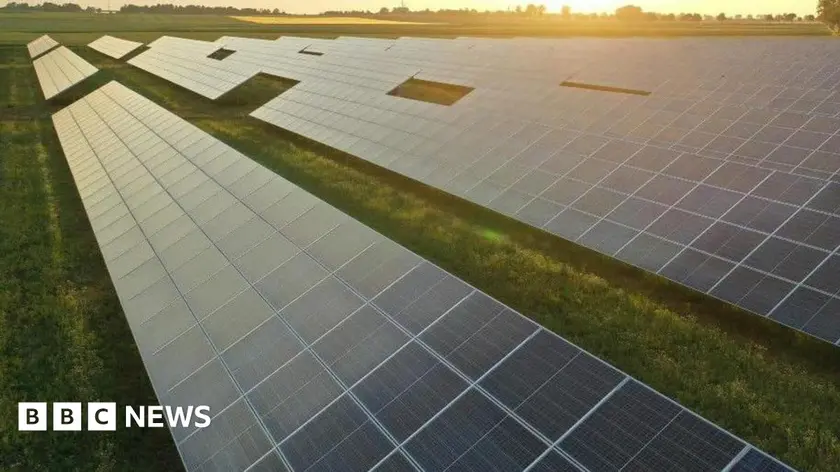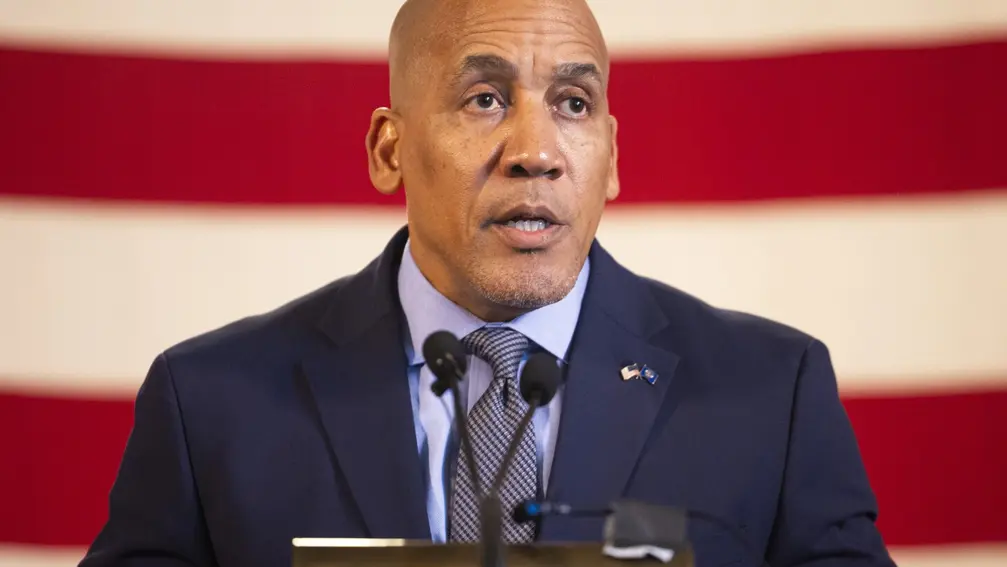T4K3.news
Bev erley solar farm faces national approval
The Beverley site will be decided by the Planning Inspectorate, not the local council, sparking questions about local input and project impact.

Local council questions the purpose of a site discussion for the Beverley solar farm as final approval moves to a national planning body.
Council criticises Beverley solar farm approval process
East Riding Council’s planning committee debated the Peartree Hill Solar Farm project east of Beverley. The 320MW plan includes a battery energy storage system and would be decided by the government’s Planning Inspectorate rather than the council. Attendees described the meeting as unusual and some referred to the project as monstrous in scale.
The discussion highlights a friction between local planning forums and centralized national decision making as Britain expands its renewable capacity and faces the practical limits of local influence over big projects.
Key Takeaways
"It almost feels as though we've been dragged here just for the sake of it because of the requirements, just to be told what's going to happen."
Councillor Denis Healy comments on the process
The split between local councils and national authorities is not new, but it is becoming more visible as energy projects grow larger. When final consent sits with a national inspectorate, questions arise about local engagement, transparency, and who bears the costs if projects go ahead. This case shows how climate goals and local governance can clash in practice.
At stake is not only the environment but public trust. Centralized approvals can speed projects, yet they risk reducing local input and generating public scrutiny or backlash if residents feel left behind in the process.
Highlights
- Power plans ride on distant wheels of national oversight
- Local talk clashes with national approval
- Big projects test the pace of democracy
- The inspectorate decides while locals watch
Political and budget risks tied to centralized approval
Shifting final say to a national planning body can trigger political backlash and public reaction, and may raise questions about local costs, transparency, and budget allocation for large renewables.
The outcome will test how much power national rules have over local concerns.
Enjoyed this? Let your friends know!
Related News

Trump continues anti-renewable stance in Scotland

Teigncombe Manor planning clash

Teigncombe Manor planning decision pending

Dartmoor planning decision awaited

Solar farm project submitted in Derbyshire

Nebraska plans detention center in McCook

Elon Musk awarded shares worth $29 billion

New Paramount merger finalized with numerous challenges ahead
